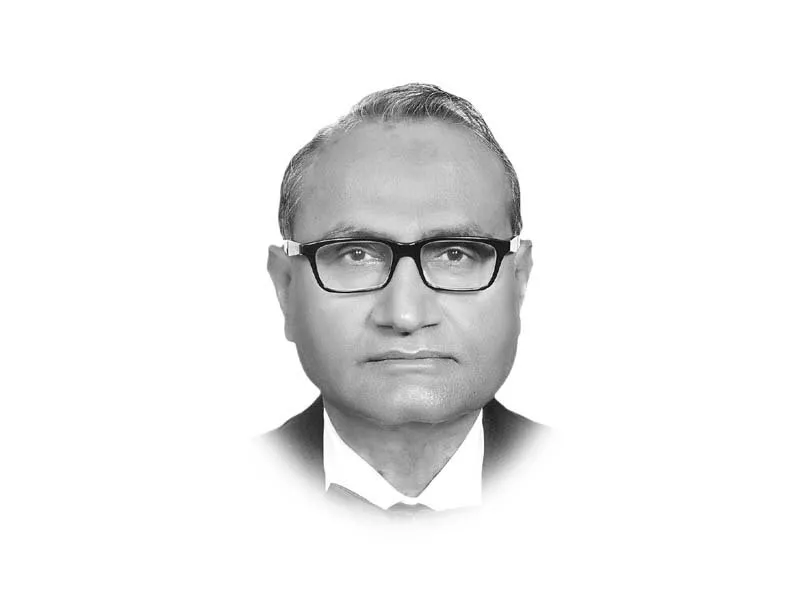Protect the people first
Keep aside an emergency fund, which has been done by keeping aside Rs100 billion
In his public responses to combat the coronavirus outbreak, the Prime Minister’s primary concern was the condition of those below the poverty line. In the absence of an official estimate, one can only say that the number is hugely large. Social distancing and the lockdown have added daily and casual wage earners in urban areas, rural workers and fisher folks to this figure. With the falling domestic and export demand, layoffs in the formal sector have already begun. It is these people, stupid, not the economy that deserves urgent attention! Yet the Rs1.3 trillion package plus the State Bank’s intransigence on interest rate cater predominantly to the requirements of the neoliberal economy and its elite clients. The stock exchange, left out in the original privilege dole, was accommodated the next day by abolishing capital value tax (CVT). It’s like Trump opening up the economy by the coming Easter, despite the World Health Organization (WHO) warning about the next epicentre.Only three actions were needed. First, protect the people and the health professionals from the virus. Around Rs100 billion for staff, National Disaster Management Authority (NDMA) and in removal of duties serves this purpose. Second, our last week’s column had called for a massive Benazir Income Support Programme (BISP). In normal times, the advantages of direct targeted assistance are well-known. During an emergency, these multiply. The call has been heeded, but to a limited extent. There will be an increase of the monthly stipend from Rs2,000 to Rs3,000 for four months. The real jump is in the coverage, from around five million families to 12 million. Roughly, this covers the families below the poverty line. The package mentions a sum of Rs144 billion for it against the budgeted amount of Rs128 billion. The BISP is a component of the Ehsaas Programme that has a total budget of Rs180 billion. In the first six months, the releases have been painfully slow. The extra Rs16 billion will be conveniently accommodated within the Ehsaas budget. So far, all other programmes are non-starters anyway. Oil price cut and removal of taxes and duties on essentials, subsidy for Utility Stores, panahgahs (shelter centres), and deferment of utility bills for the lower brackets come to another Rs162 billion of indirect support. Third, keep aside an emergency fund, which has been done by keeping aside Rs100 billion.
In expanding the BISP coverage, there is an implicit assumption that the crisis is likely to last for four months. All other measures are, therefore, in the nature of supporting the dominant sultans of our economy, now that Covid-19 has somewhat loosened the IMF straitjacket. The largest sum of Rs280 billion to buy wheat is the usual commodity operation to support large farmers with surplus stocks. But the Rs 200 billion for assistance to daily wage earners has no budget line and is without any specifics. Official hopes are pinned on external donor assistance. Over 70% of those employed work in the informal economy. Targeting them is not easy. Youth force proposed to identify recipients has political overtones. Large industrial houses may be eyeing a major chunk here, in addition to the Rs100 million for export houses and the industry as tax refunds and debt concessions. An equal amount of Rs100 billion for small and medium-sized enterprises (SMEs) and agriculture is also likely to be appropriated by the large industries and farmers. Poor SMEs have never seen a credible policy role of the government.
If people were the priority, the simplest thing for the government in this digital age would have been to directly disburse its trillion rupees to 215 million Pakistanis i.e. Rs5,000 each.
Published in The Express Tribune, March 27th, 2020.
Like Opinion & Editorial on Facebook, follow @ETOpEd on Twitter to receive all updates on all our daily pieces.


COMMENTS
Comments are moderated and generally will be posted if they are on-topic and not abusive.
For more information, please see our Comments FAQ